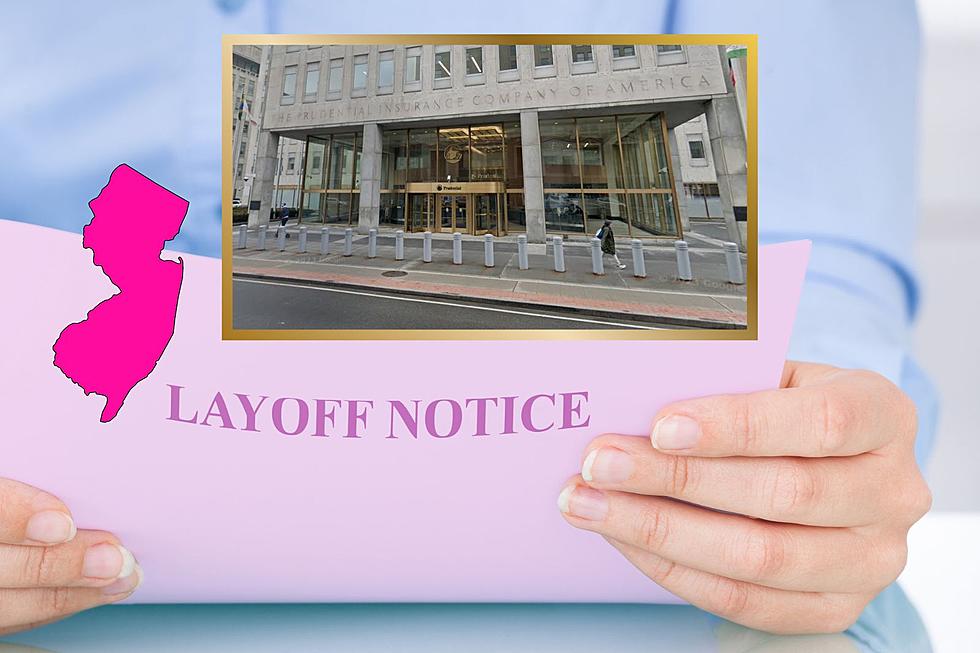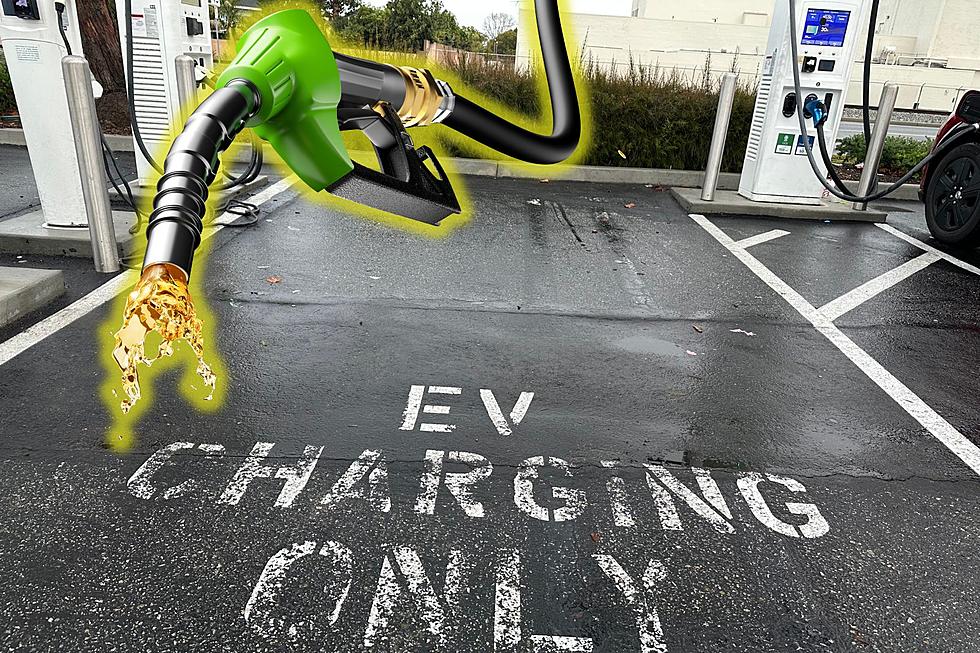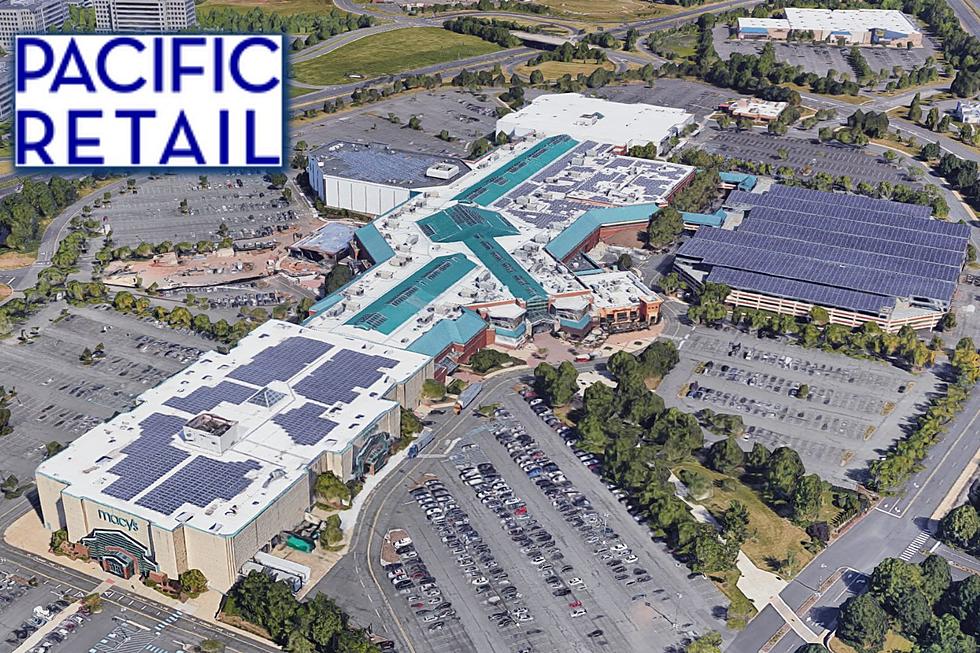![Winter May Be $500M Hit to NJ Economy [AUDIO]](http://townsquare.media/site/385/files/2014/02/jersey-shore-plow-SAND.jpg?w=980&q=75)
Winter May Be $500M Hit to NJ Economy [AUDIO]
This winter's relentless string of storms may be sticking New Jersey's economy with a half billion dollar tab, according to the head of the state's Department of Transportation.
In an exclusive interview with Townsquare's Eric Scott Friday morning, DOT chief Jim Simpson
Simpson gave good grades to the overall snow cleanup effort across the state, noting the complicated nature of the two-day story, especially Thursday night's combination of freezing rain, lightning and snow, followed by flooding from the melting slush.
HEAR THE INTERVIEW:
"We had two complete separate snowstorms, separated by extreme heavy rain and lightning," the commissioner said. "And it washed away all the salt, so any of the residual salt we put down, everybody put down, was washed away. [We] had clean roads only to be followed by another six inches of snow and ice again."
And yet, Simpson added, all of New Jersey's interstate routes and most county roads were "in good shape" by Friday morning, though some local roads reflected the struggle of towns to minimize snow and ice accumulation as they short of road salt.
"I've been on the road for the last two days. The counties have been doing an outstanding job, the municipalities have been doing an outstanding job," Simpson said. "If somebody says we did a lousy job, they don't really understand the magnitude of what we're up against."
The resulting cost of cleanup and road repair could exceed $500 million, according to Simpson, in what he acknowledged was a "wild, blank guess."
"The DOT is up to about $85 million to this morning," Simpson said. Adding a likely $40 million for the New Jersey Turnpike, he said, "you've got $145 million there. Counties combined have to spend at least that, if not more."
Add the cost to municipalities, Simpson said, "and this could be a $300 million to $400 million hit to the entire state."
The sour cherry on top of all that is the cost to the private sector, the commissioner said: "All the shopping malls, all private homes, it could be a half a billion dollars in real money."
Acknowledging that some of the spending may have helped the economy "a little," Simpson said the result is money not spent by people "fixing their homes, taking a trip or buying clothing and things like that. So there's some winners and some losers but this has got to be a record for the state of New Jersey."
The most visible costs yet to be tallied are the potholes and other damage to road surfaces, Simpson said. While much of the heavy repair work normally begins after winter weather ends, this year's damage is so widespread that the DOT has had to begin incremental repairs between storms.
"We're fixing potholes now where we have to but it's going to be extreme for everybody," Simpson said. As a consequence, he said the department will have to "rejigger some of the funding from the [transportation] trust fund and the $300 million that we have" to include major repairs in the larger schedule of road improvement projects slated for 2014.
"I remember in 2010 we were fighting snow until April 1, so . . . we're in the middle of it, it's certainly not over." Simpson said.
Simpson also said a federal restriction complicated the effort to keep New Jersey roads clear by blocking the use of a foreign ship to move 40,000 tons of salt from Maine to Port Newark because it was not a U.S. flagged vessel.
"There's this 'Jones Act' that's about a hundred years old that says if you're moving any products from the United State to the United States on the water, you have to have an American flag on the vessel," Simpson said. As a result, two smaller and much slower barges have to be used to transport the salt to Port Newark, Simpson said, delaying its arrival by about three weeks.
More From New Jersey 101.5 FM









